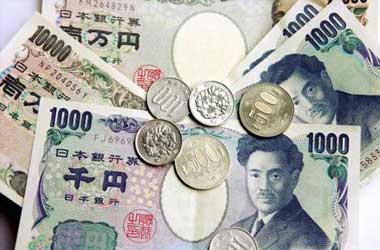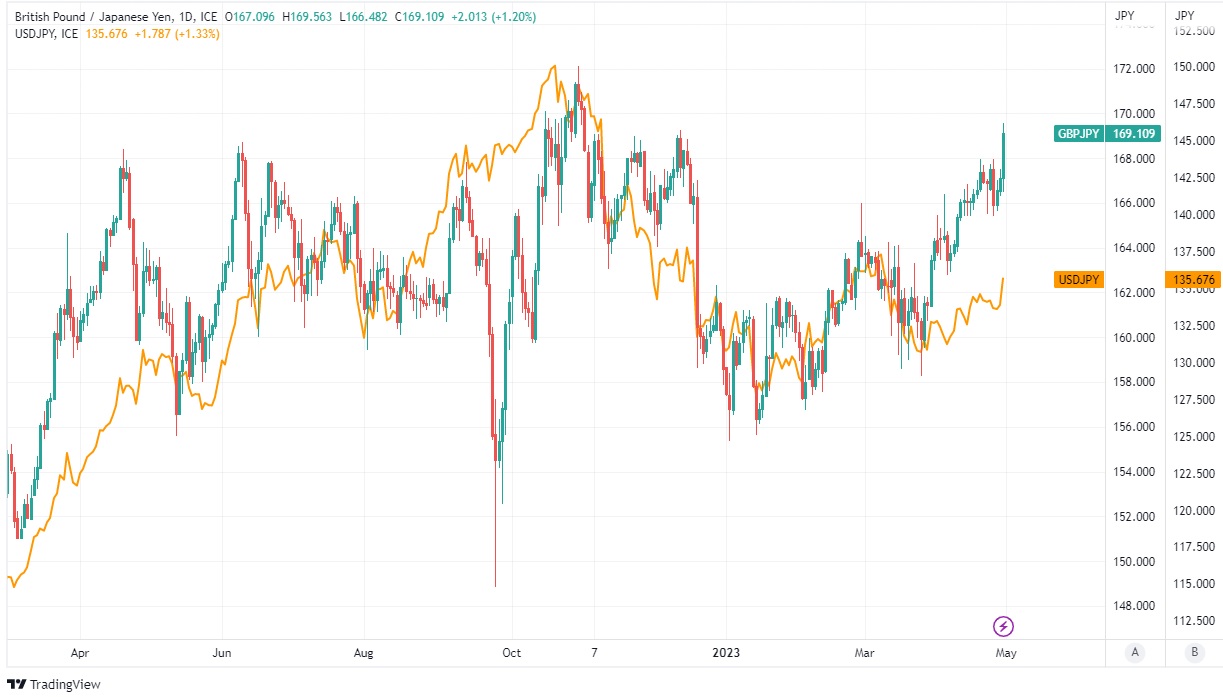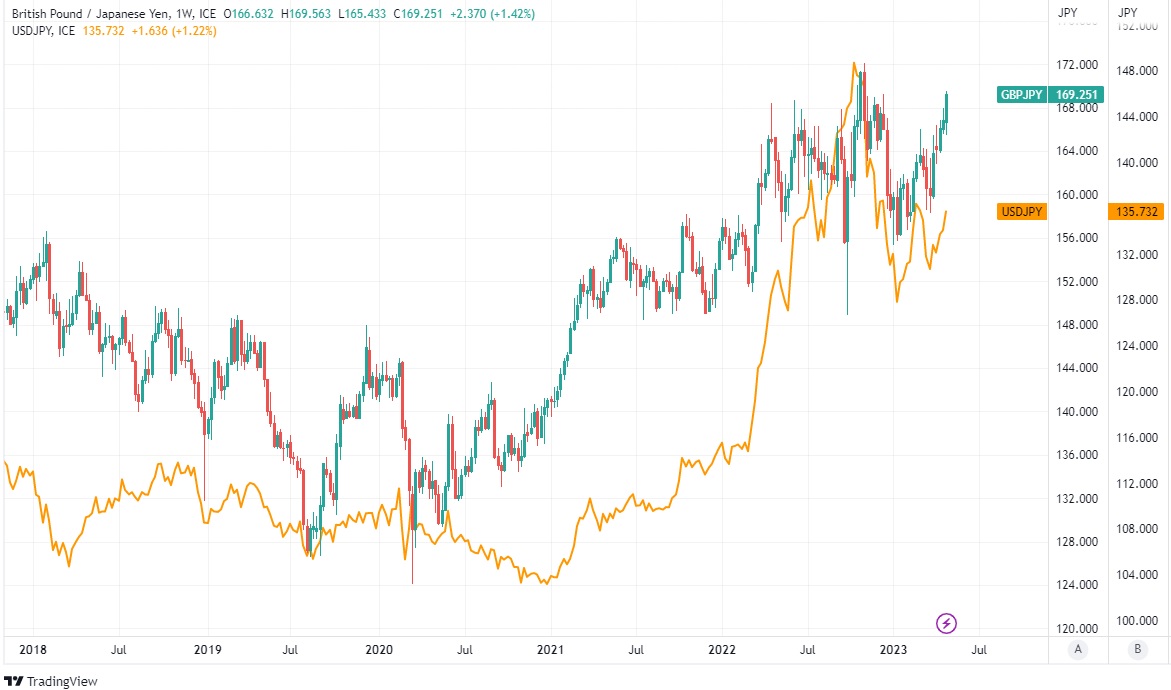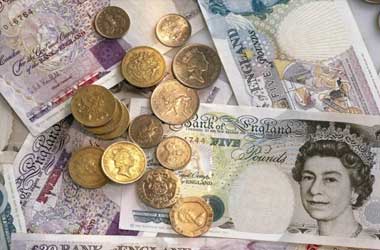 During the last session of the week, the Pound to Japanese Yen exchange rate achieved its highest point of the year, nearing the 2022 highs. This was due to the Bank of Japan (BoJ) stating that it may take a while before it considers altering its monetary policy. Japanese exchange rates experienced a decline on Friday following the announcement by the Bank of Japan, under new Governor Kazuo Ueda, that it would conduct a “broad-perspective review” of its monetary policy in the last 25 years.
During the last session of the week, the Pound to Japanese Yen exchange rate achieved its highest point of the year, nearing the 2022 highs. This was due to the Bank of Japan (BoJ) stating that it may take a while before it considers altering its monetary policy. Japanese exchange rates experienced a decline on Friday following the announcement by the Bank of Japan, under new Governor Kazuo Ueda, that it would conduct a “broad-perspective review” of its monetary policy in the last 25 years.
According to Derek Halpenny, who is the chief of research for global markets EMEA and international securities at MUFG, a Japanese lender, the duration of an assessment should not be associated with an indication that there will be no alteration in monetary policy during that time.
Halpenny explains that the assessment was initiated during Japan’s deflation in the 1990s and the BoJ’s attempt to attain price stability during that time. The question of whether changes in borrowing costs can actually impact inflation in Japan has been a topic of discussion for a while. The BoJ’s recent assessment suggests that this issue is still unresolved and may be looked into by the new governor.
Shigesaburo Okumura, who is the Asia Editor-in-Chief for NIKKEI, mentioned in a newsletter from February that Ueda became well-known in the 1980s for mediating the ongoing argument among economists regarding the management of money supply by central banks. It is anticipated that the review will take a minimum of one year. On Friday, the BoJ seemed to be uncertain by dropping its earlier forward guidance that suggested prolonged policy easing is still in the future.
Mazen Issa, a senior FX strategist at TD Securities, stated that the Nikkei’s earlier report about the BoJ modifying its forward guidance was incorrect. Instead, the BoJ completely removed the guidance, which previously mentioned Covid-19 and the expectation that rates would remain at current or lower levels.

The yen’s reaction to the BoJ’s review period of 1-1.5 years, which is longer than expected, remains uncertain. Issa explains that strategic interest is expected to decrease at 137 (200dma), although USDJPY continued to rise during Ueda’s press conference.

On Friday, the Yen stayed above its previous lows against the Dollar, which could be attributed to the significant decrease in US government bond yields in recent months. On the other hand, the Pound’s superior performance before the weekend could be attributed to the fact that UK government bond yields have not decreased as much during the same period.
The BoJ maintained its Yield Curve Control program, which permits the 10-year bond yield to fluctuate between 0.50% and -0.5% until inflation surpasses 2% and remains stable above the target. The central bank also kept its main interest rate at -0.1%, in addition to reviewing and modifying its guidance.
According to Frances Cheung, a rates strategist at OCBC Bank, an interest rate hike is expected to happen this year due to increasing inflationary pressures and wage growth in Japan, leading to the removal of the YCC regime. The Tokyo core CPI has also risen to a new record high.




